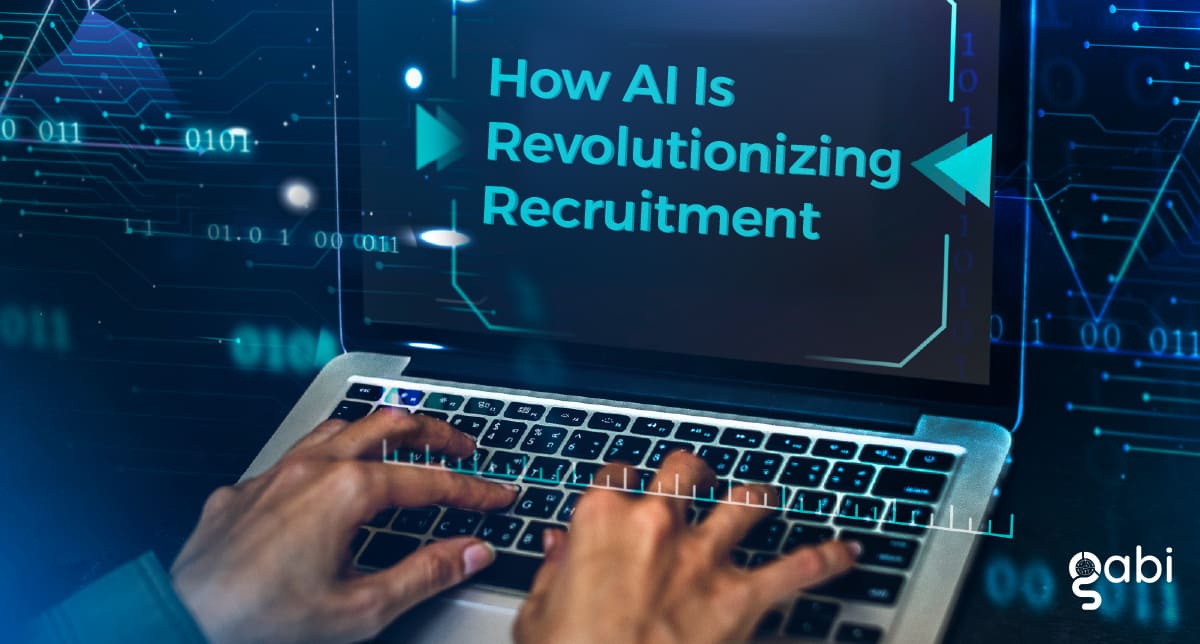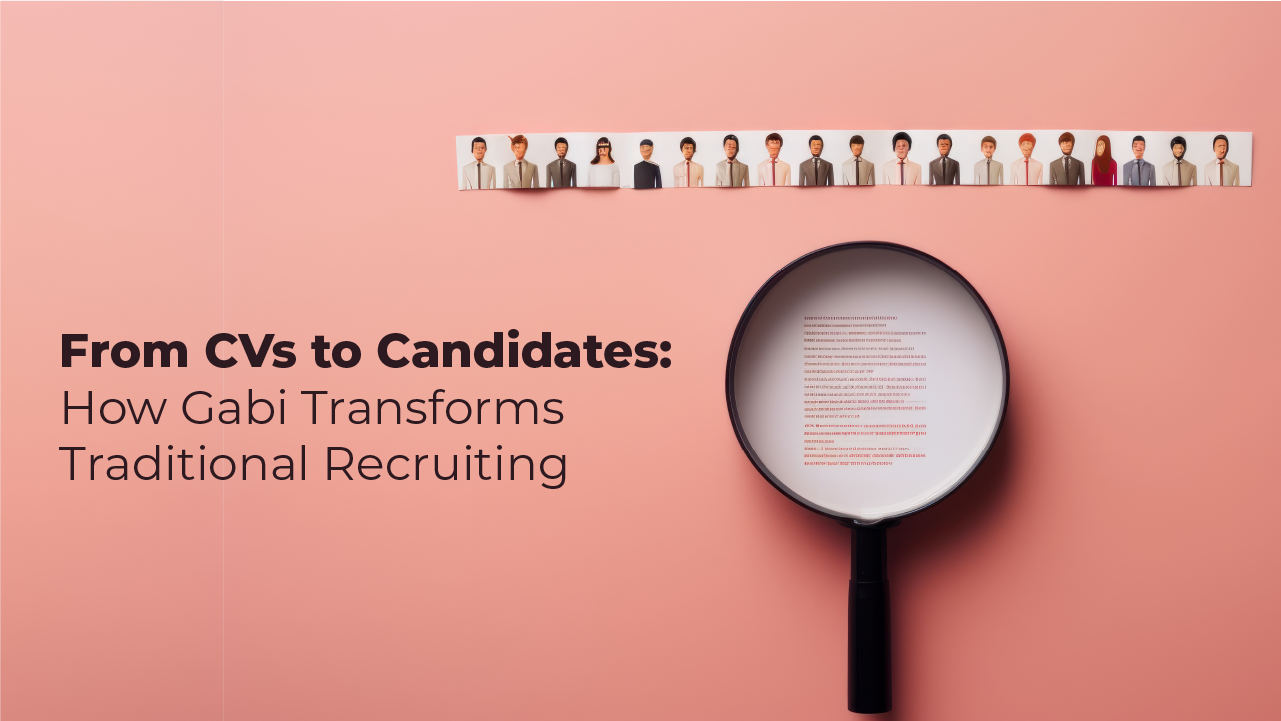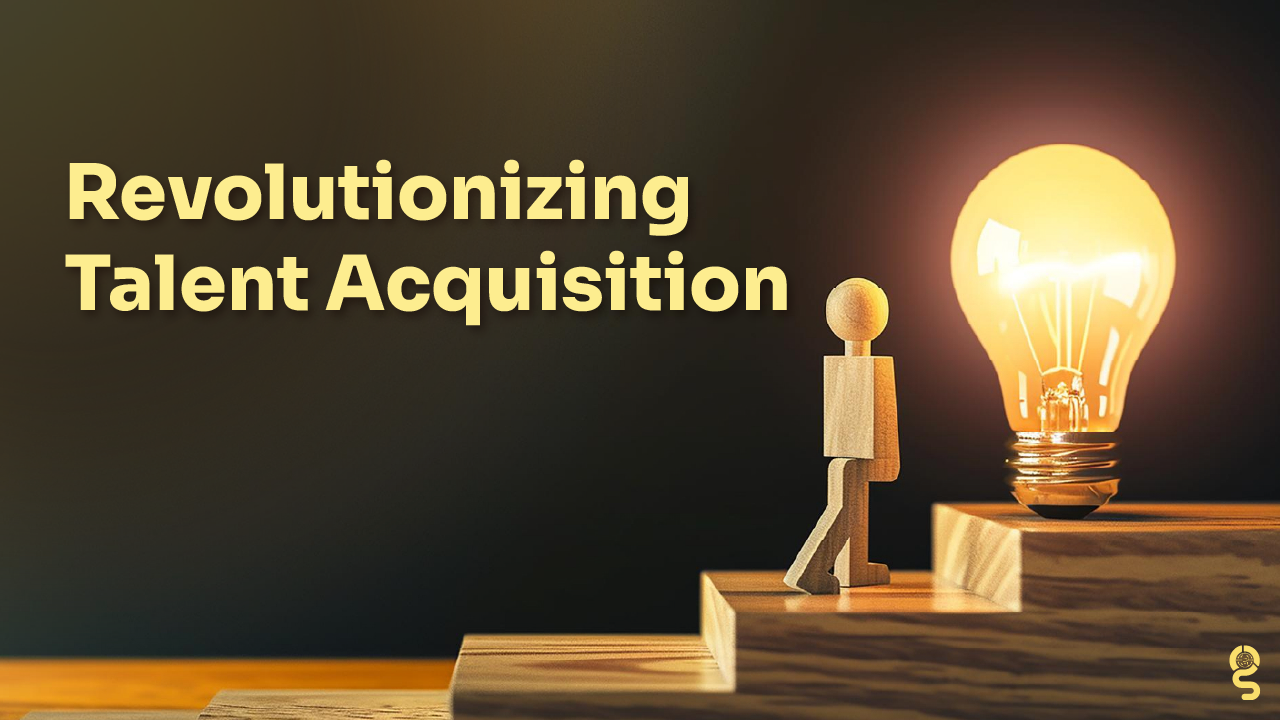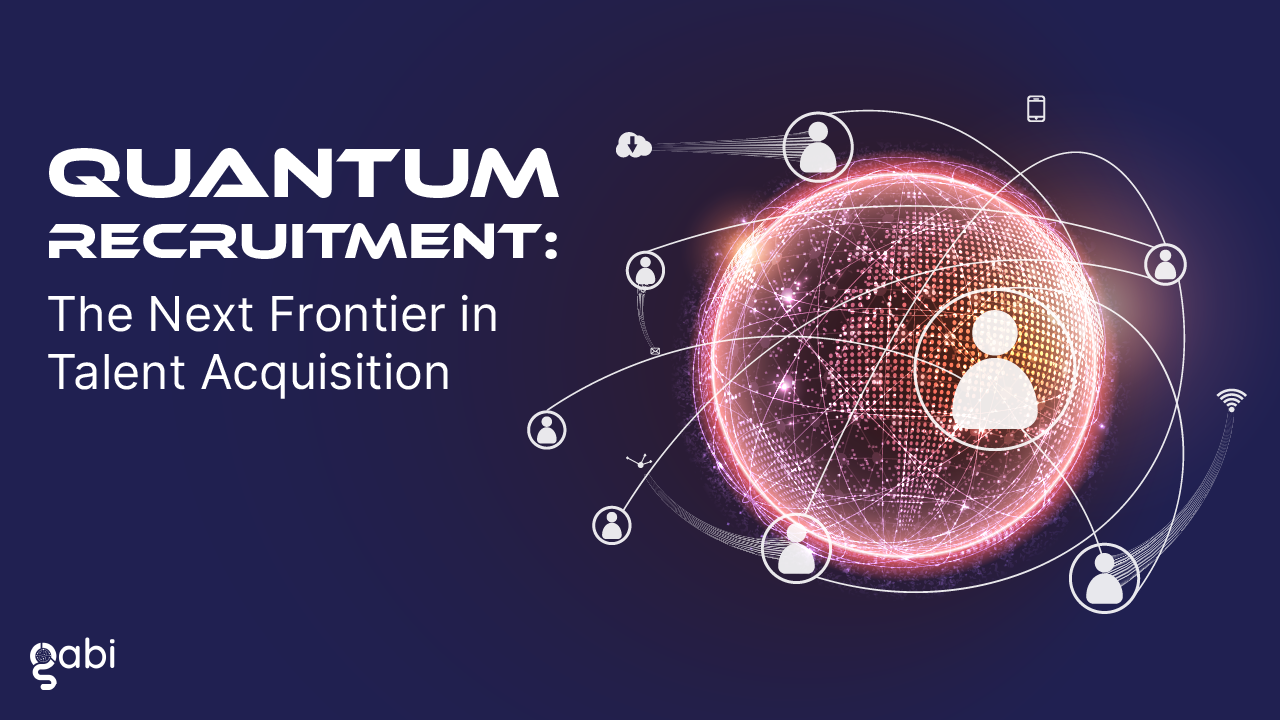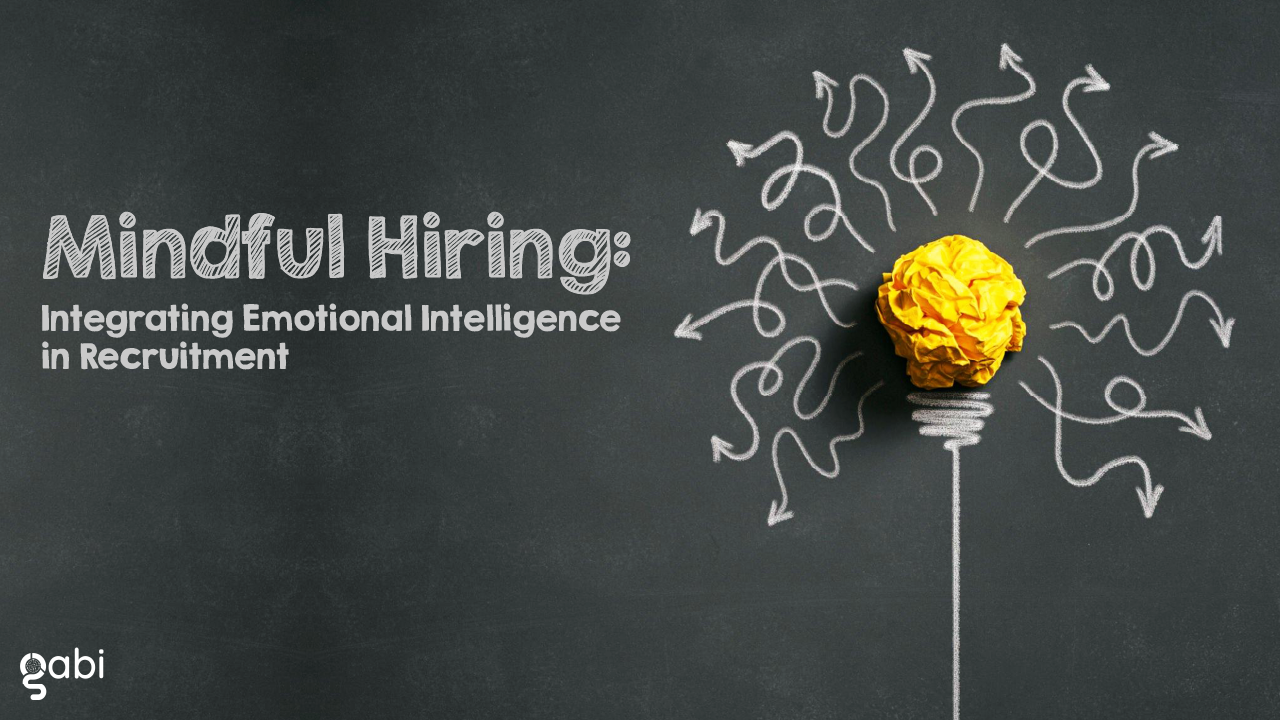- What is AI in Recruiting
- How does it Work
- Can AI really Save Me time?
- Does AI really give me better candidates?
- Conclusion
What is AI in Recruiting?
AI, machine learning, and the ability to automate simple or repetitive tasks have completely changed the way recruitment works, in the last few years. AI is possibly the most important technological innovation in recruitment since the invention of the telephone and the internet.
Ever since companies started using AI for screening and sourcing candidates, the technology behind it never stopped evolving. There were a couple of major learning moments in the brief history of AI that led the technology to develop to where it is today.
There are three aspects to machine learning and AI that are particularly relevant to the recruiting industry—Automation, Natural Language Processing, Data analytics. Increasingly recruiters and hiring managers have come to depend on AI to aid them with their work and make their lives a lot easier.
Let’s take a look at how AI has successfully addressed hiring challenges.
How does it work?
Recruitment AIs are primarily used in the process of vetting and acquiring talent to help meet staffing requirements. But the capabilities of modern AI extend far beyond these functions.
Rank and Score Candidates
Online job requisitions (especially those related to tech and IT jobs) can receive hundreds of responses. It’s impossible for human recruiters to accurately read and review each one of these responses. Can you imagine sorting through a pile containing multiple hundred resumes to try and identify those four or five candidates who will be invited to interview for the job?
Through machine learning and data analysis, as well as complex natural language processing algorithms built into the software’s code, AI like Gabi can read job applications to identify a candidate’s skills and match those skills to the requirements mentioned in the job requisition. The AI can then assign these candidates a score based on the match between the requisition and the resume, and rank them according to their score.
Automate essential communication
There is a common misconception that a recruiter’s job ends with reviewing and selecting candidate resumes. In fact, reviewing resumes is only the first step in a much longer process. A better way to view a recruiter’s job is to see them as relationship managers.
Recruiters need to build relationships with potential candidates. Recruiters maintain open lines of communication with multiple candidates at once, often at different stages in the recruitment cycle, and across multiple requisitions. They help them prepare for interviews, advise them on the hiring process, and reach out to old candidates when new opportunities arise. Keeping track of these various communication channels is not easy.
AI can assist recruiters in this endeavor by automating the most time-consuming parts of the communication process. The most common application of AI in communication, for example, is in the use of chatbots. Chatbots are conversational interfaces that carry out basic communication with candidates on behalf of recruiters. Chatbots can be programmed to answer a preset series of frequently asked questions so that candidates can receive swifter responses to their queries.
Another common application of AI in communication is scheduling. Recruiters can use AI to automatically schedule essential candidate communication. Once a candidate’s resume has been reviewed and approved and they are moved up the recruitment pipeline, the AI will automatically send them an email with an invitation to schedule a meeting with the recruiter. Some advanced AI, like Gabi, can also send automated follow-up emails to connect with unresponsive candidates. Emails can also be automated to respond to those applicants whose resumes were rejected, thanking them for their interest.
Administer technical assessments
Technical assessment tools help recruiters weed out candidates who might have the right qualifications on paper but lack the necessary skills to do the job. A technical assessment tool is an especially great asset to recruiters who work with clients in technical fields, eg. IT, bio-sciences, engineering, etc. The tool contains a library of assessment tests, including questions and answers related to various fields, that can be administered to candidates during an assessment interview.
It is common for recruiters to work in industries for which they are not technically qualified. As discussed earlier, the most important skills in recruiting are communication and interpersonal relationship development. This means that you can be a successful recruiter no matter the specifics of your educational background. But how would, for example, a non-IT recruiter accurately identify qualified candidates for an IT-based role?
A competently designed technical assessment tool removes the burden of technical proficiency from the recruiter. The tool’s AI will gather the test results and give the candidate a score based on their performance. The recruiter will simply use the score to decide whether to move the candidate up the hiring pipeline or reject them.
Can AI really save me time?
By automating the most repetitive and time-consuming recruitment tasks, AI recruiting platforms like Gabi can reduce time to hire by over 90%!
AI will automate tasks like reading resumes, shortlisting candidates, scheduling interviews, and following up with candidates.
AI can:
Save time on advertising job requisitions: Advertising vacancies to a wide pool of applicants requires posting job requisitions to many different job portals. Monster.com, Indeed, Glassdoor, LinkedIn, etc.
AI hiring platforms can post these requisitions for you from one central hub. You just create the requisition once, share it within the program, and the AI will do the rest. It will also gather responses to these requisitions from these various portals and collate them in one place.
Save time on resume screening: The biggest bottleneck in the hiring process is resume screening. Using intelligent screening and natural language processing AI can review, score, and rank thousands of resumes in just a few minutes.
Save time on scheduling interviews: Communicating with candidates and hiring managers, scheduling interviews, sending emails back and forth to follow up on commitments can delay hiring by days. AI can help reduce time wasted by automating interview scheduling and candidate communication.
Save time on requisition management: Recruiters typically work on multiple job requisitions at once for multiple clients. Managing the hundreds of responses each requisition receives and keeping track of where in the hiring process each candidate is nearly impossible. AI can automatically maintain a record of:
- What the status of each requisition is? How many responses you have received, how many candidates have been shortlisted, how far along the hiring process are you, etc.
- What the status of each candidate is? Have they been shortlisted for a position, have their resumes been shared with a hiring manager, is there an interview scheduled, etc.
By eliminating the most tedious aspects of their job recruiters can use the time saved to focus on the most important aspects. They can spend more time building a relationship with the candidates, understanding the needs of the client, collaborating with their team, and networking.
Does AI really give me better candidates?
AI can automate tedious and time-consuming parts of a recruiter or hiring manager’s job. It can also help them save valuable time, better spent on more important tasks. But, how does it help them identify better candidates?
AI helps recruiters pick the best candidates by:
Highlighting best-in-class applicants within moments
As mentioned, one of the biggest advantages of AI-powered recruiting is the ability to receive candidate rankings within a few moments. Recruiters can enter hundreds of resumes at once for a single job application and the AI will help them pick the ones most suitable.
Large amounts of candidate data (resumes, candidate profiles, work preferences, etc.) are processed by the AI and used to create a simple ranking system by which recruiters can identify the most suitable candidates, straight away. These candidates can be marked on a metric of experience, skillset, flexibility in work arrangements, employment type, availability, geographic location, and much else besides.
Identifying and eliminating fake resumes and time-wasters
Fake resumes are one of the biggest headaches in recruitment today. Falsified resumes, where candidates have added deliberate misinformation about their background and qualifications, are a common occurrence and it is often down to the recruiter’s discretion to determine whether a candidate is lying or not. The thought of recommending to a client a patently unqualified applicant is every recruiter’s nightmare.
Another aspect of this problem are the time-wasters. These are applicants who know themselves to be unqualified for a particular role but send in their applications regardless, in the hope that they might luck their way into a job. It isn’t unheard of for such applicants to make it to the final stages of the hiring process, before being found out.
AI can help eliminate these problematic situations by weeding out unfit applications early in the process and ensuring that the candidates who do reach the interview stages or meet with the prospective employers are the most qualified to do so.
Assessing for skill and technical proficiency
AI administered assessments also ensure that unfit candidates are eliminated quickly. In jobs that require a high degree of technical proficiency, it is normal for candidates to sit a technical assessment. In this assessment, the candidate will be tested on their knowledge of certain processes, systems, or software. By conducting an assessment recruiters can check that
- a) The candidate is qualified in the skills mentioned in their resume
- B) The candidate possesses the level of skill required to perform efficiently in their role
AI can administer these tests, evaluate the results, and (in the case of mass assessments) identify the best-in-class applicants to the recruiter. The advantage of using AI to administer these assessments is that:
- A) It requires only basic supervision from the recruiter
- B) The recruiter does not need to be technically qualified to assess the candidate’s qualifications
- C) It removes the possibility of human bias from the assessment process
An AI-administered test will ensure that all candidates get an equal opportunity to participate in the assessment and that the prospective employer will have the luxury of choosing from the most technically proficient candidates for the role.
Conclusion
Thanks to rapid digital transformation, automation is quickly becoming central to many HR processes. Hiring is no different. Most people only see one side of recruitment. The process they go through to get the job. Submit an application, attend the interview, get hired.
But hiring managers and recruiters know how long and expensive hiring actually is. As a hiring manager, you need to identify the needs of the role, prepare a requisition, devise a hiring plan with recruiters, advertise for the position, review the responses, shortlist candidates, conduct interviews—some positions require pre-interview screenings and multiple rounds of interviews—negotiate an offer and so on. And if you don’t find the best candidate on the first go, you will most likely find yourself repeating the same process all over again within a few weeks!
The best way to maximize your hiring potential and optimize your recruitment process, while also saving on time, money, and labor costs, is through automation.
The future of recruitment is AI.
The future of recruitment is Gabi.

